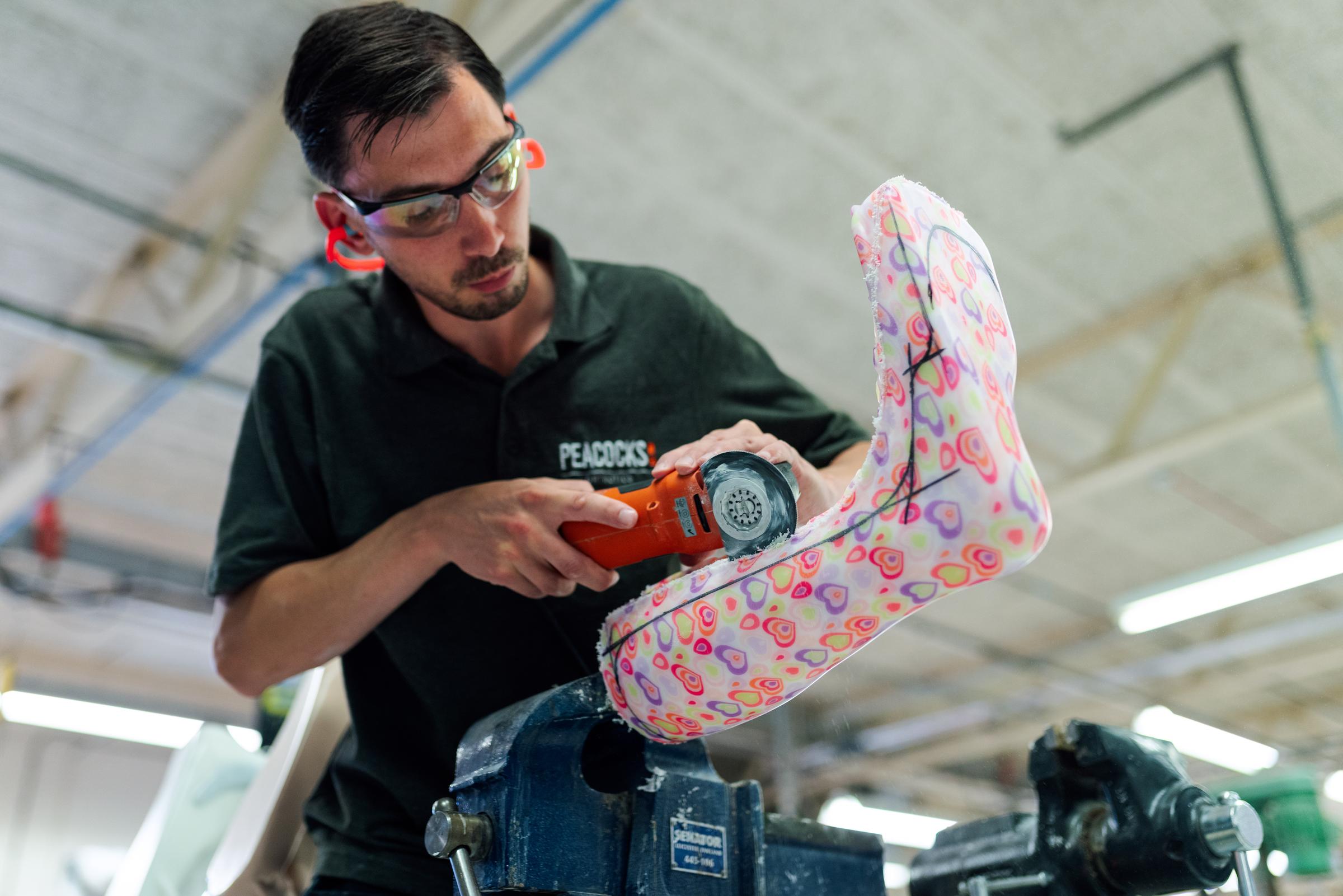Career as a Biomedical Engineer

The Good Universities Guide* states that Biomedical Engineers apply engineering and scientific methods to find solutions to problems in medicine and the life sciences. Biomedical Engineers fulfil a number of tasks including –
- Designing new medical monitoring, diagnostic and therapeutic equipment
- Setting up and maintaining medical equipment
- Plan data processing services and the development of associated computing programs
- Analyse new medical procedures to forecast likely outcomes
- Participate in medical or scientific procedures where biomedical skills are needed
- Design and deliver technology to assist people with disability
- Analyse and design prosthetic and orthotic devices
To become a Biomedical Engineer, students you usually have to complete an engineering degree at university with a major in biomedical engineering. Several universities in Victoria offer Biomedical Engineering as a specialisation. Students are encouraged to browse VTAC to learn about these courses and their entry requirements.

